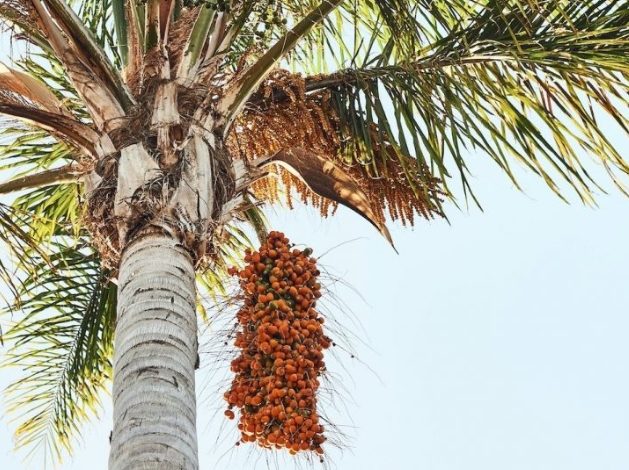Switch from paddy to oil palm, farmers told

Switch from paddy to oil palm, farmers told
Sambalpur: Farmers grappling with elephant-induced crop damage are being encouraged to switch from traditional paddy cultivation to oil palm farming under the Union government’s National Mission on Edible Oils – Oil Palm (NMEO-OP). The initiative aims to expand oil palm cultivation to 3,28,000 hectares nationwide by 2026, with Odisha playing an active role.
According to Sambalpur field officer Brundaban Pradhan, oil palm farming offers a profitable and sustainable alternative for farmers in forested areas. Unlike paddy, which elephants often destroy, the thorny trunks of oil palm trees deter wildlife, making them a safer crop choice.
Farmers are eligible for subsidies of Rs 5,200 per hectare annually, totalling around Rs 21,000 over four years, until the plants become fully productive. Mature oil palms can generate profits of up to Rs 6 lakh per hectare annually.
Additionally, farmers can grow vegetables or pulses as intercrops, adding to their income. Tusharkanta Panigrahi, an agricultural and livelihood expert, highlighted oil palm’s environmental benefits and its potential to stabilise farmers’ incomes through long-term contracts lasting up to 35 years. The Forest Department is working alongside agricultural officials to raise awareness about oil palm cultivation, emphasising its dual benefits of mitigating human-elephant conflict and boosting farmers’ economic resilience. This shift is expected to positively impact both agriculture and wildlife conservation in Odisha.







